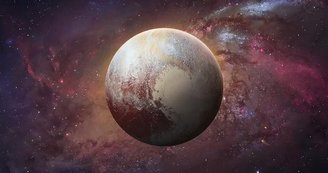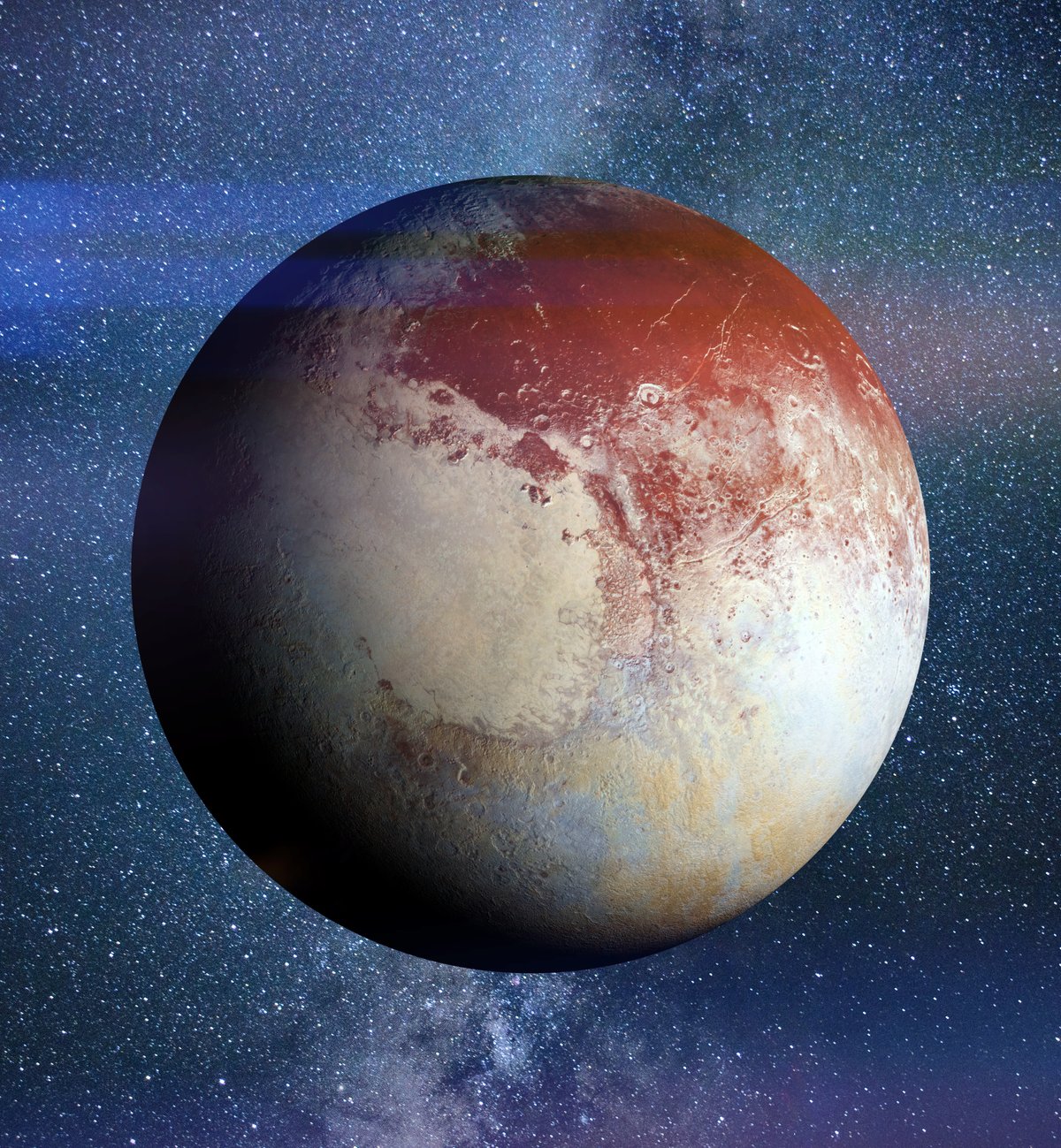For several years now, Pluto has no longer been considered a traditional planet like Earth, Mars, or Jupiter. In 2006, the International Astronomical Union (IAU) defined three specific characteristics as necessary to define what a planet is, and Pluto was reclassified as a dwarf planet.. But a team of astronomers may propose new criteria; Could Pluto once again become a major celestial body in the Solar System?
According to the IAU decision, A classical planet must be large enough to have a round shape, orbit the Sun, and have ‘cleared’ its entire orbitremoves all small objects in the area. However, Pluto does not exhibit the last mentioned feature because it has not cleared its orbit sufficiently. But calm down. The change will probably not affect what has already been decided.
At a meeting with the International Astronomical Union, a group of astronomers have come up with a possible new definition of what a planet in the Solar System is. As the team explains, the requirement that planets be round is not necessary because it is very difficult to observe on distant exoplanets.
The scientists also published a study in the arXiv preprint journal. They suggest that mass is a better descriptive property of the object and can be more easily measured; celestial bodies also tend to have a spherical shape when they weigh over 1,023 kg.
“But by far the most problematic is the roundness criterion. Roundness simply cannot be observed. We do not have the technology yet and will not have it in the near future. No matter how much you criticize the current IAU definition, you can at least be convinced that the result, eight planets, is a reasonable classification,” lead author and UCLA astronomer Jean-Luc Margot said in a message to the IAU website Live Science.
New definition for planets
The biggest problem for the team with the current definition proposed by the IAU is that the information in the definitions is not very clear. They point out that the roundness issue is one of the biggest problems, as there is no technology to observe the few exoplanets that have been discovered hundreds of light years away.
Mass will also determine whether objects can clear their orbits, a property known as dynamical dominance; typically, celestial bodies with dense mass are able to achieve this clearing.

There is also a minimum mass limit for a planet to be able to clear all debris from its orbit, and unfortunately Pluto does not meet this requirement. So in our hearts, the eternal ninth planet of the solar system continues to be classified as a dwarf planet even with the new definitions.Q. There will be a discussion on the proposals at the IAU General Assembly in August.
“To generalize an existing dynamical dominance criterion, we adopt a universal compensation timescale applicable to all central bodies (brown dwarfs, stars, and stellar remnants). We then propose two quantitative and unified frameworks to define planets and exoplanets. The initial framework is compatible with both the IAU definition of a planet in the Solar System and the IAU working definition of an exoplanet,” the paper explains.
Did you like the content? If so, take the opportunity to find out whether it will take a long time to find the ‘last’ planet in the Solar System. Don’t forget to share the article on your social networks. Until next time!
Source: Tec Mundo
I’m Blaine Morgan, an experienced journalist and writer with over 8 years of experience in the tech industry. My expertise lies in writing about technology news and trends, covering everything from cutting-edge gadgets to emerging software developments. I’ve written for several leading publications including Gadget Onus where I am an author.












